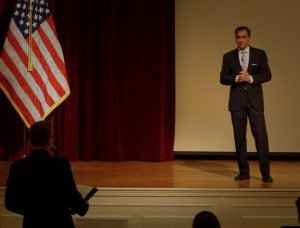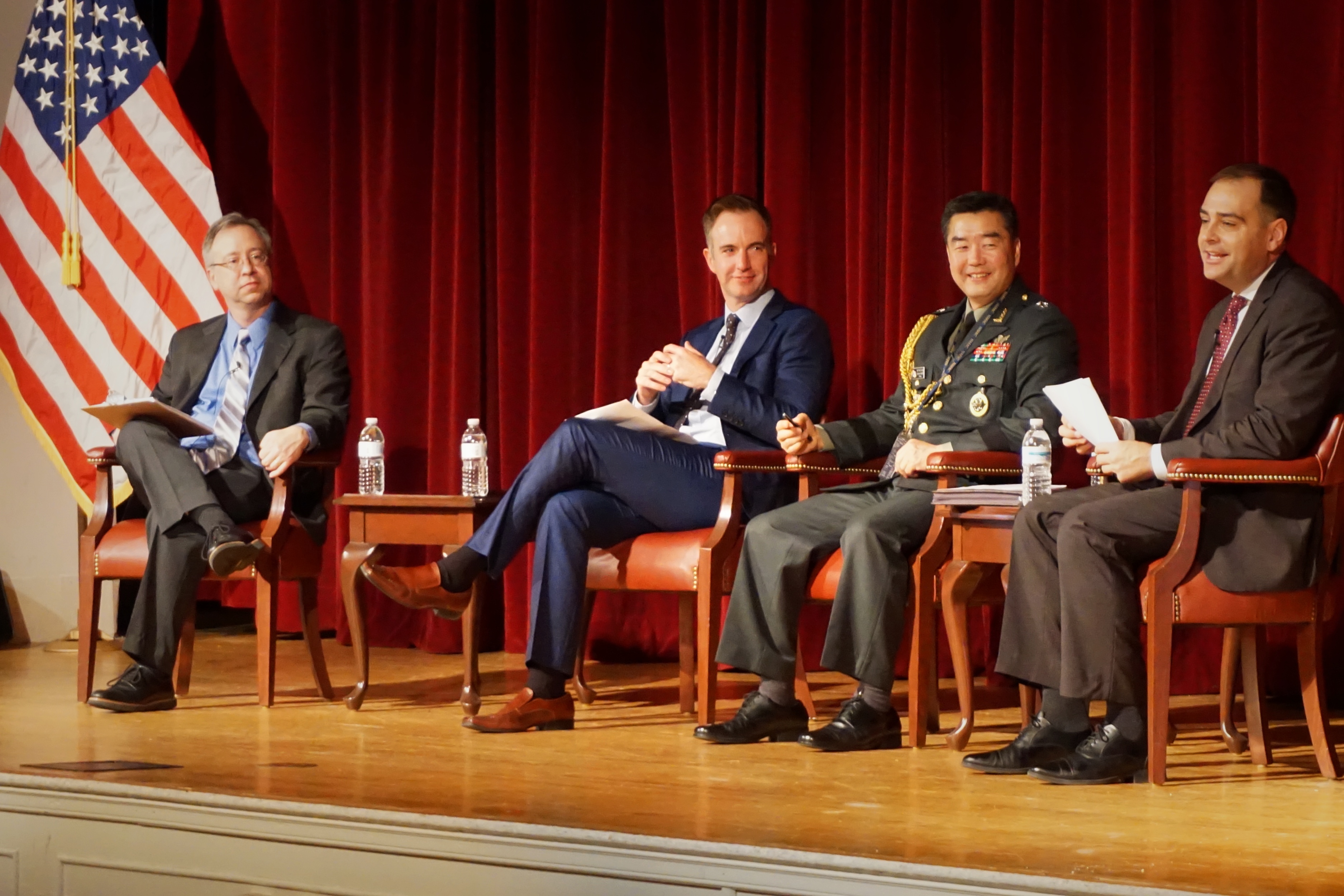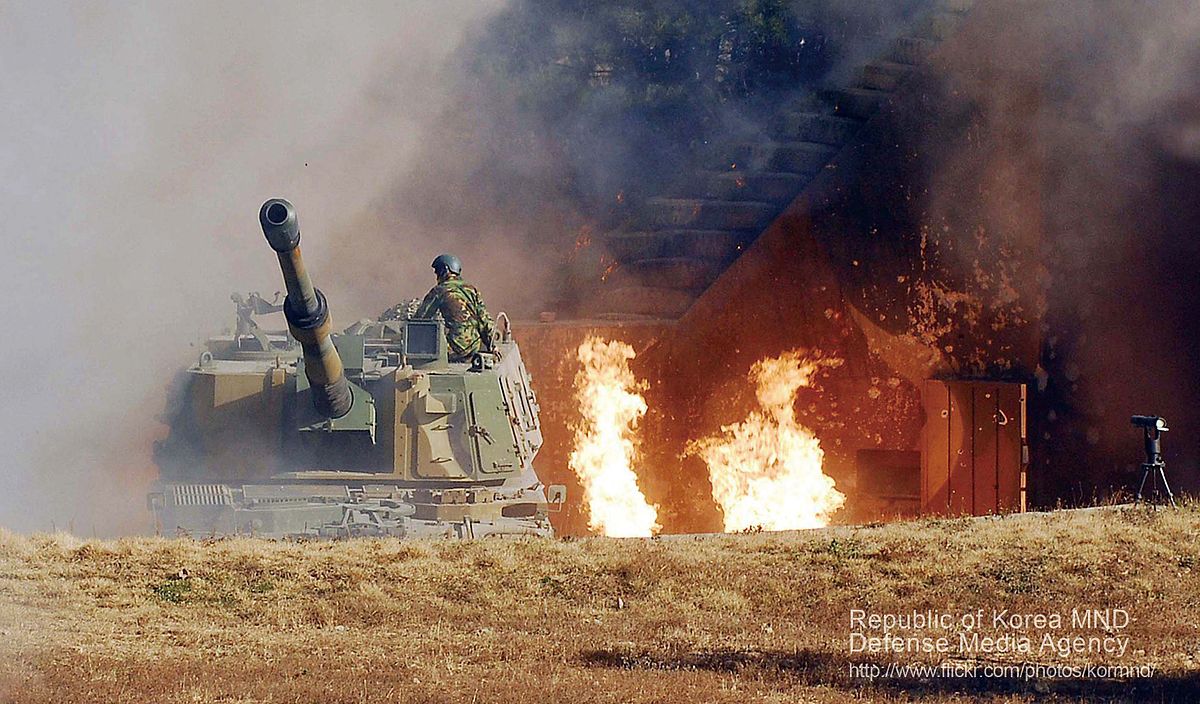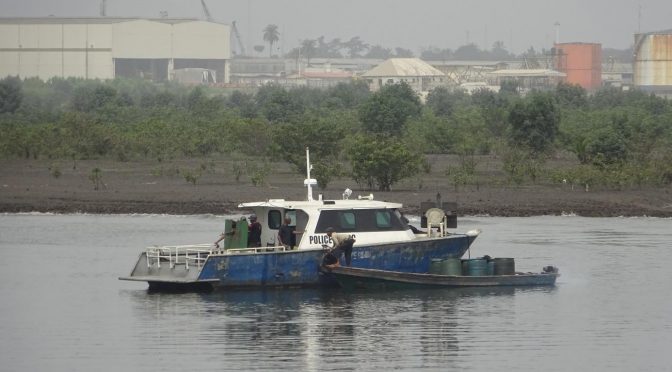By Sally DeBoer
The Forestall Lecture series at the United States Naval Academy affords midshipmen and select guests an opportunity to listen to and learn from a diverse group of speakers, from former Secretary of State Henry Kissinger to former St. Louis Rams coach football coach Dick Vermeil. From the USNA Public Affairs Office:
The Forrestal Lecture Series was established at the Naval Academy in May 1970 in honor of the late James V. Forrestal who, as one of the foremost proponents of seapower of our era, was instrumental in the development of the modern Navy.
The purpose of this lecture series is to enhance the education, awareness, and appreciation of the members of the Brigade of Midshipmen in the social, political and cultural dimensions of the nation and the world. Featured are leading representatives from various walks of life – government, the arts, humor, literature, education, sports, politics, science, and other major fields on the national and international scene.
The Brigade of Midshipmen, some 4,000-plus strong, and delegates from NAFAC, gathered in Alumni Hall Tuesday night to hear from General John Allen, USMC (ret.), former Commander, NATO International Security Assistance Force and U.S. Forces in Afghanistan and former Special Presidential Envoy to the Global Coalition to Counter ISIL. Gen. Allen currently serves as the Chair of the Security and Strategy Department and as Distinguished Fellow in Residence for Foreign Policy at the Center for 21st Century Security and Intelligence at the Brookings Institution.
Led by a hearty “yut” from what one can only presume was a midshipman who has selected Marine Corps, the brigade and NAFAC welcomed Gen. Allen to the stage. Gen. Allen’s experience in the Near East and East Asia informed his view that it is, indeed, a new era of great power competition – never before, he said, had he seen so many complex issues all at once.
Destabilizing Influences
The construct of the current international system is referred to, Gen. Allen told the Brigade, as the “four plus one,” the four being Russia, China, Iran, North Korea, and the plus one representing the extremist jihadi network at large. Gen. Allen cited the annexation of Crimea, Chinese special operators dealing with both the Chinese populace and Uighur population, and the IRGC as destabilizing influences in the modern world. When we talk about these four challenges to the U.S., each has a quality of great power competition associated with it, he said, especially Russia. NAFAC represents an opportunity to take stock of the challenges we face for the road ahead.
The Plus One
“A generation of graduates have known nothing but war – and it may be while before that changes.” ISIS, Gen. Allen said, is merely the latest iteration of the global spread of extremism, and this larger issue is one that worries him the most. In the course of his advisory duties to the president, Gen. Allen expressed that his number one concern is that defeating ISIL physically is not, in fact, an end – they have spread around the world – but the problem of what they stand for is a failure of the human condition in so much of the world today. This dynamic is due to sea changes in the nature of the world people live in. These changes, Allen explained, may rephrase the question of the international system – the era of great power competition will in fact be shaped by the world we live in and not the other way around.
Global Mega-Trends
The world in which midshipmen and delegates will serve, Gen. Allen warned, will be shaped by the forces affecting the world’s populations – reality is changing quickly and dramatically, and will shape politics, economic opportunity, and the security situation in the world. Gen. Allen familiarized attendees with five global mega-trends, paraphrased below:
- Shift of Economic Power from West to East: Western states are losing economic clout to Asia. GDP growth in the East (China, India, Russia, Indonesia) will dwarf that of the West by 2050 by nearly 75 trillion dollars – this wealth will be available to be applied to education and armament. While this wealth is migrating, it leaves one country after another bereft of resources, which leads to the next trend, changes in demography.
- Demographic Changes: The world’s population is changing in ways we must understand to lead forces in tomorrow’s world. Allen explained that the worldwide average age will increase by 8 years to 60 years of age in much of the developing world, leading to a smaller, less productive work force with huge strains on the social safety net and health care. In the developing world, the population will change in the opposite direction due to a “youth bulge” or “youth surge,” growth of the 15-29 age group is outstripping the rest of the population, leading to increased expectations for access to goods, education, and wealth – 129 million men and women around the world turn 16 each year, and 90 percent of these newly minted adults are in developing countries who are already struggling to provide for their populations. As these numbers grow and their nations become less capable of meeting demand, the disparity creates large groups of disaffected people – this is the “ticking time bomb” for radicalization, Gen. Allen contends, which creates huge reservoirs of easily recruited and vulnerable populations.
- Rapid Urbanization: Rapid movement of people into cities is one of the greatest challenges we will face, specifically land forces, in tomorrow’s conflicts. A mega-city is by definition made up of 10 million or more; by 2030 50 percent of the world population will live in mega cities, and up to 75 percent by 2050. Eight of ten mega cities are in Asia, and of the top five, all are in Asia. Gen. Allen explained that the primary issue with this is the strain on the infrastructure of these cities – sanitation, electricity, waste, poor air quality, and more. The challenge of rapid urbanization demands the West help these populations prepare with urban planning, energy, and infrastructure. As these populations move to cities, we hear the term “mega slum,” an area attached to a city where the population lives off the grid and independent of governance. So-called “no go” areas are becoming prevalent. “Ungoverned space” is another oft-used term (though the General expressed a dislike for this term in particular). Such places, he concluded, become a haven and platform for criminals and extremists. Gen. Allen’s challenge in Afghanistan became, secondarily, to fight against highly and well organized criminal networks that “govern” in these ungoverned spaces – and plan tomorrow’s wars and attacks with impunity.
- The Rise of Technology: Tech, Gen. Allen explained, has changed our lives rapidly in ways that are helpful and dynamic, but has also introduced associated national security challenges. The proliferation of network capable devices has brought a direct assault on the Western system of government. The Islamic State, for instance, has UAVs, some of which are armed. Non-state actors and extremists have sophisticated hacking capabilities that create ad hoc hacker armies to attack the U.S. and our allies. State actors are also using networks to exploit and penetrate the U.S. and our allies to interrupt democracy. Hacking at a state and non-state level will define tomorrow’s conflict. Gen. Allen warned: [we] can physically defeat a force, but defeating an idea rides on the internet of things and social media – we must be able to compete with [adversaries] in this domain. Al Qaeda was sophisticated, Gen. Allen recalled, but AQ never embraced tech the same way as the Islamic state – all the “plus ones” of the future will be powered by emerging tech.
- Global Warming: Gen. Allen tackled the topic of climate change and coming resource scarcity unambiguously. “It’s not a theory, not abstract, it is happening…it is a fact, and not an alternative fact,” he stated plainly, leading to applause from the audience. For the Near East, North Africa, and Central and South Asia, the resulting desertification will further accelerate urbanization. Larger populations will demand more resources. Gen. Allen concluded: when we discuss great powers, it’s not a clash of values we should be worried about…in the 2050 world, the clash will be over will be over scarce resources.
Conclusion
When we consider the prospect of great power competition, we must consider these mega trends. Gen. Allen emphasized the need to study these forces, and soon, before the very different world of 2050 arrives. Though the tone of his remarks was foreboding and serious, in a response to a question from an audience member, Gen. Allen addressed what the United States and its allies can do to prepare for and anticipate these coming challenges. He outlined some primary steps: 1) Embrace the changes and make global commitments to change. Examples include long-term and enforceable climate change agreements. 2) Work with states on urban planning, human services, and more to improve conditions in mega-slums, as well as help countries accumulate resources to provide for their populations. Germany’s Marshall Plan 2.0 provides an excellent example. These will require courage, cooperation, coalition, and sharing, he conceded, but these qualities will be necessary for tomorrow’s leaders.
Sally Deboer is serving as the President of CIMSEC for 2016-2017. She can be reached at president@cimsec.org.
Featured Image: General Allen addresses the Brigade and NAFAC on stage at the Naval Academy’s Alumni Hall. Photo credit: NAFAC PAO Staff, special thanks to MIDN Danny Vegel.


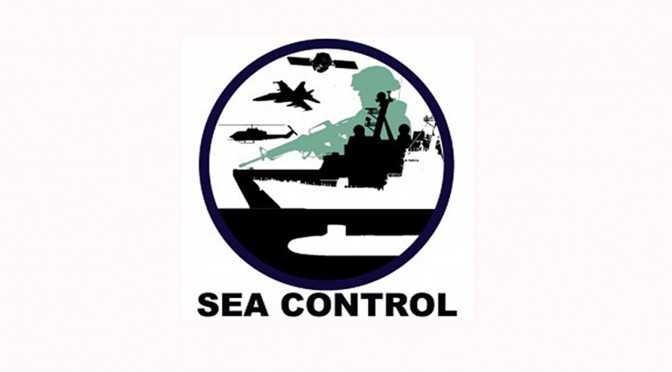

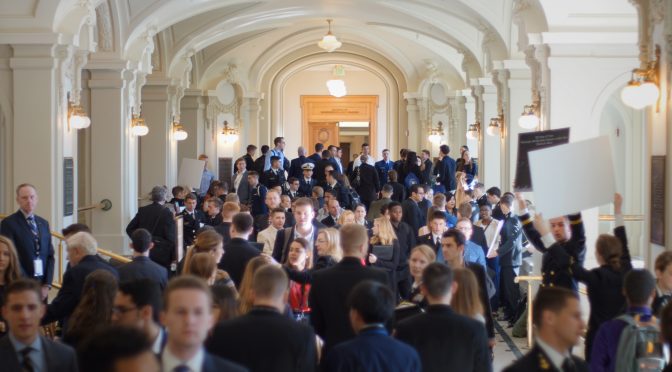
 rrent and relevant international relations issue. The theme for this year’s conference,
rrent and relevant international relations issue. The theme for this year’s conference, 